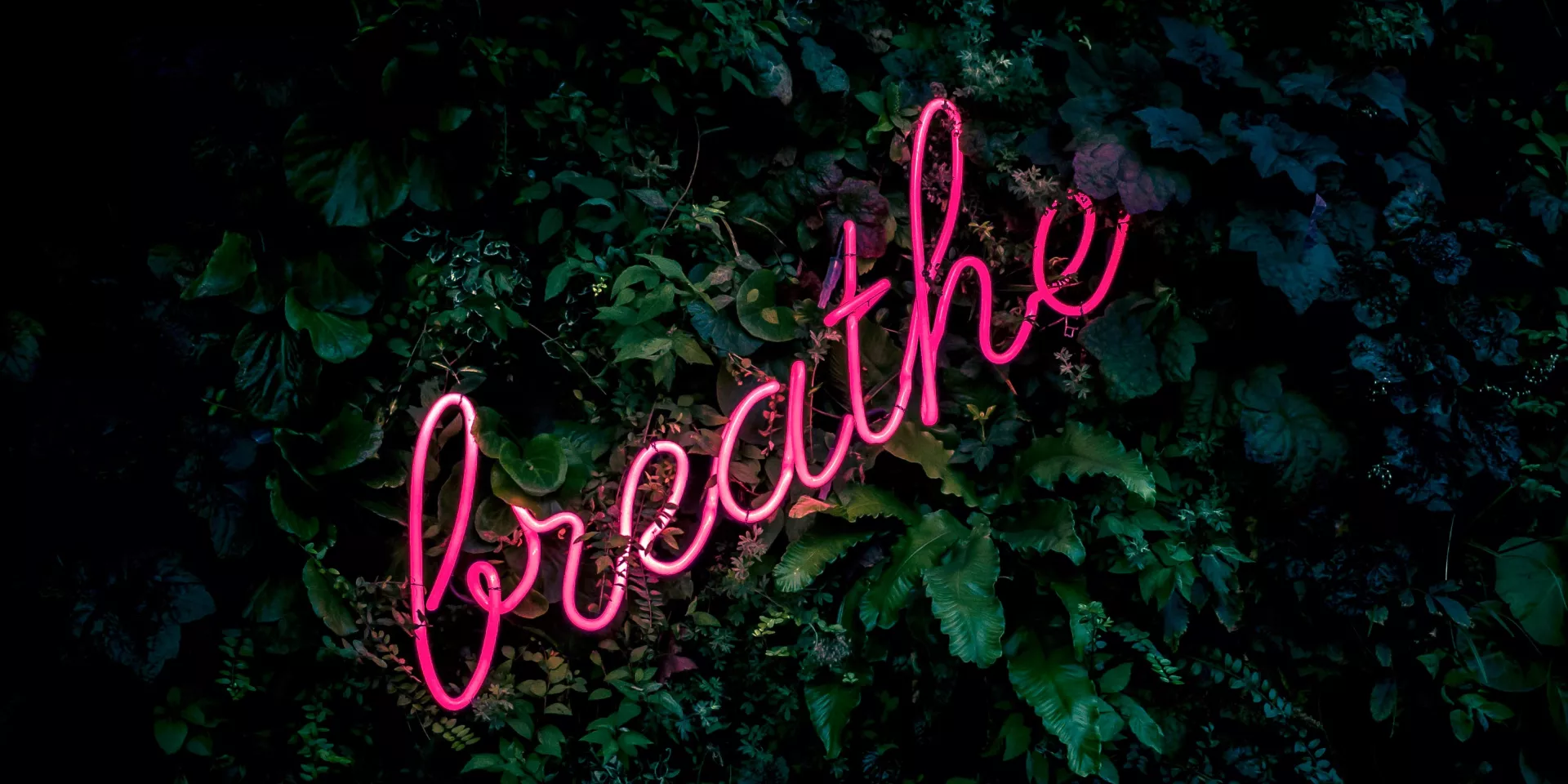By Cristela Tello
Caregiving can be physically and emotionally draining. Whether you’re doing it as a profession or taking care of a loved one, it’s important to take care of yourself as well.
“Caregivers are a selfless bunch,” says Christine Devine, Wellness Specialist at Michael Garron Hospital. “In fact, most caregivers feel terribly guilty about focusing on themselves instead of someone else.”
This is why it’s sometimes hard for caregivers to identify when they might be experiencing burnout. It’s usually the people around them who are the first ones to notice.
According to Christine, there a few warning signs that could indicate that a caregiver is experiencing stress and burnout. Some of them are:
- Headaches
- Insomnia
- Behaviour and attitude changes
- Isolation
- Excessive drinking
If you’re feeling burned out, take a moment to recharge and focus on yourself. Remember that your own wellness plays a big role in the care that you provide. It’s important to recognize that wellness is a spectrum; each of us has a different set of needs that goes beyond the number of trips to the gym or the measurement of our waist.
“A holistic approach to well-being goes beyond the gym to include relationships, financial health, intellectual health, spiritual wellness and more,” adds Christine.
A good alternative for caregivers experiencing burnout could be yoga, mindfulness, tai chi or any other practice that focuses on slow fluid movement and deep breath rather than high impact exercise. These slow flow practices nurture restoration by stimulating the parasympathetic nervous system and can help tremendously with stress, anxiety and burnout.
